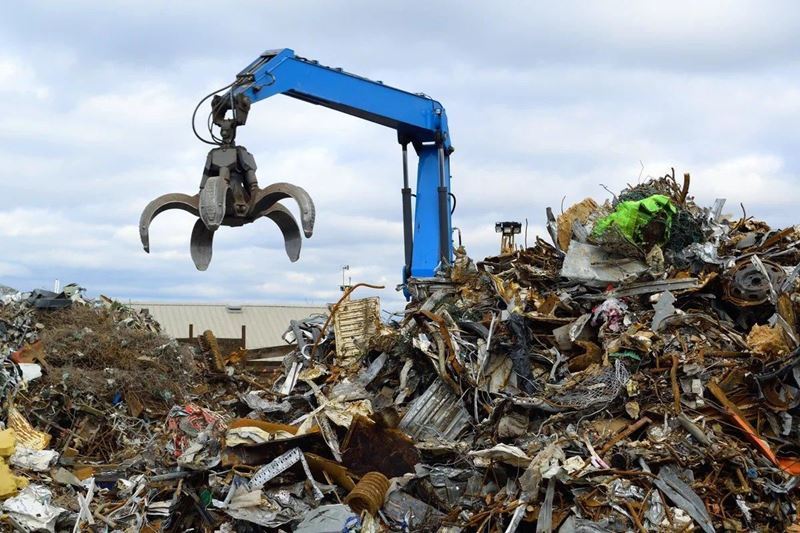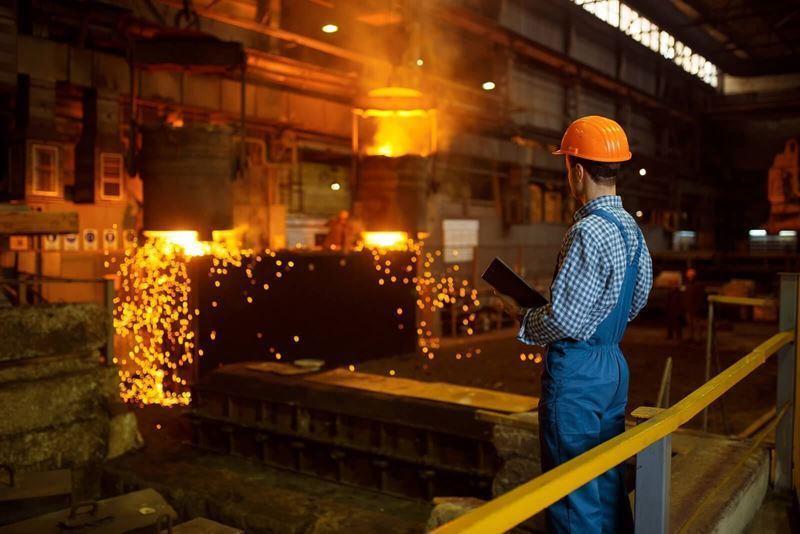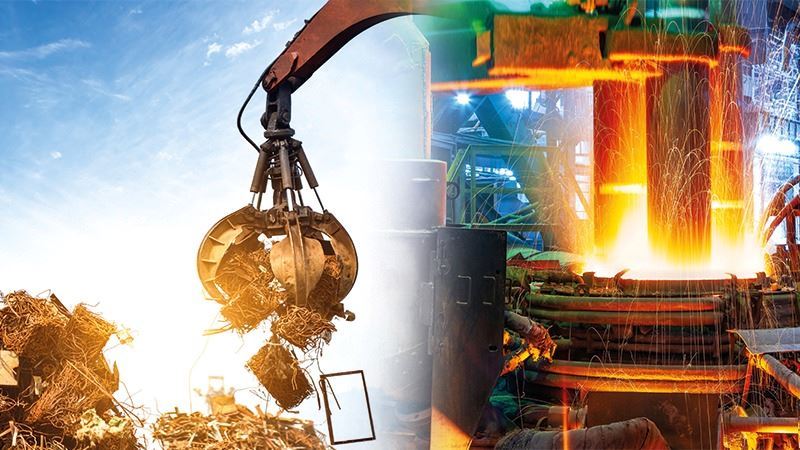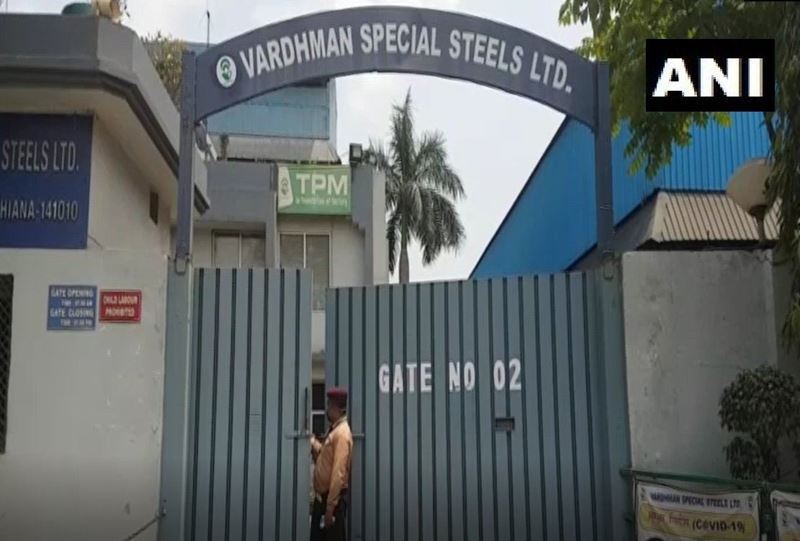Even though winter is usually a slow period for scrap consumption in China, current market performance remains strong.
Local mills have significantly increased their scrap utilization by around 30% in the last two months, recognizing the strong cost-effectiveness. Analysts predict that this production momentum will likely continue into January, given that mills are still earning healthy profit margins.
However, challenges arise in the on-site collection and processing of scrap, compounded by transportation difficulties due to the cold of winter. Steel mills in East, North and Central China are struggling to procure steel scrap. Although most mills plan to accumulate stocks for 10-30 days of use, building stocks are being hindered by scrap shortages.
For example, in Jiangsu province, the main steel scrap consumption center in East China, steel scrap stocks at scrapyards and ports remain low. Accepting orders for some of the available stocks has led steel mills to collectively increase scrap purchase prices. This increase is a response to the realization that the amount of scrap arriving at shipyards is not enough to fulfill daily consumption.
Major EAF steelmaker Shagang Group, headquartered in Zhangjiagang, Jiangsu, has raised its scrap purchase prices by a total of 100 Yuan/ton ($14.2/ton) twice in the past two weeks.
Increasing demand for winter stocks from steel mills is expected to push up domestic steel scrap prices. Analysts, however, cautioned that steel mills, which are currently facing high production costs, may allow for further increases in scrap prices.
As of December 27, Mysteel's national steel scrap price index stood at 3,032.8 Yuan/t including 13% VAT, the highest level since early August this year.











Comments
No comment yet.